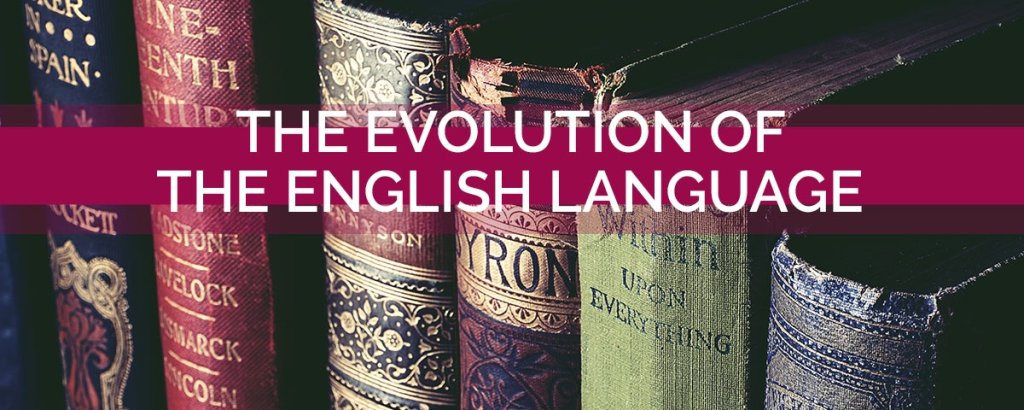
The English language is constantly evolving, and one of the key drivers of this change is modern slang. With the rise of the internet, social media, and pop culture, new words and expressions are emerging rapidly, influencing how people communicate.
Slang words like “lit,” “fam,” and “ghosting” have become common in everyday conversations, particularly among younger generations. These terms often start in niche communities or subcultures before spreading into mainstream use. The speed at which slang spreads has increased dramatically, thanks to platforms like TikTok, Twitter, and Instagram. Social media allows new phrases to reach a global audience almost instantly, breaking down regional barriers that used to slow linguistic change.
Slang is not just about new words, though. It also reflects cultural shifts and social changes. For example, the term “cancel culture” highlights societal debates around accountability and consequences in the digital age. Similarly, phrases like “adulting” capture the struggles young people face as they navigate modern adulthood.
While some might argue that slang dilutes the purity of the English language, many linguists see it as a natural and healthy part of language evolution. Slang keeps language dynamic and relevant, allowing it to adapt to changing social environments.
As language continues to evolve, it’s clear that modern slang plays a vital role in shaping how we express ourselves. By reflecting contemporary culture, slang ensures that English remains vibrant and responsive to the needs of its speakers.
